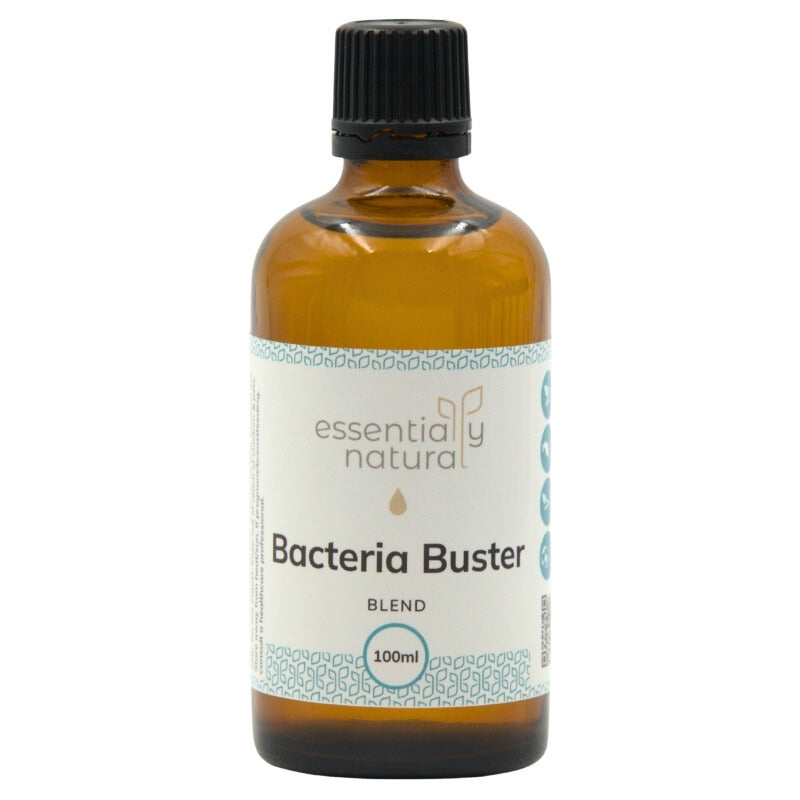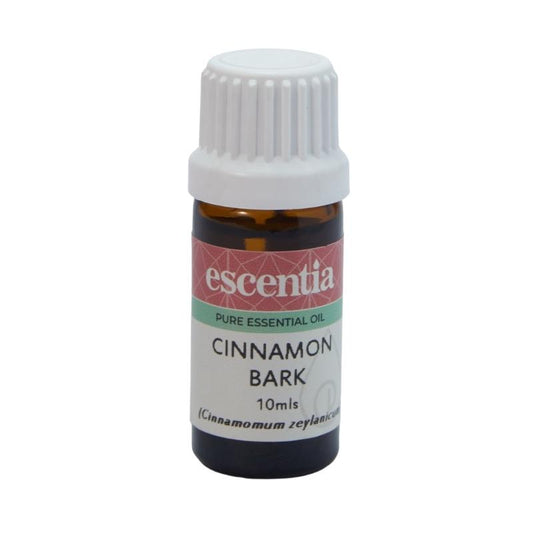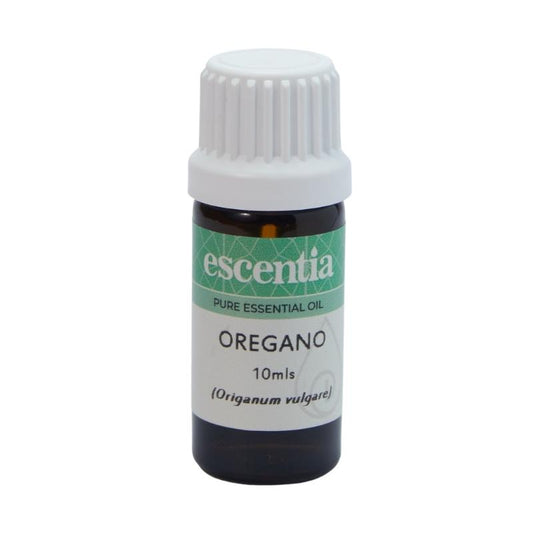
Coronavirus: How To Protect Yourself
Juliette van der MeerWe at Essentially Natural see you all as part of our community and family and as such, we consider it our duty to contribute, in a positive and proactive way, to awareness regarding Covid-19. The purpose of this informational post is apposite to information-sharing and education on the best ways to protect ourselves and our families, not to spread panic or fear-mongering.
I was in Clicks and Checkers the other day chatting to the ladies at the counters and they were asking me why I was carrying and using a hand sanitiser. I told them SA had just gotten its first confirmed case of Coronavirus and that keeping good hygiene and washing your hands was the most effective way to prevent it. The hand washing prevention was complete news to them and it dawned on me how little correct information was available, especially to those who potentially don't know where to seek out correct information. So please, spread the word as you go about your day to day activities. Educate your kids, chat to your neighbors, co-workers, and get the word out.
Who This Virus Affects
Firstly, if you are a healthy adult and you catch the Coronavirus, you have a high chance of being absolutely fine. It is like catching the 'flu. It is more likely to be serious if elderly people, young children or those with pre-existing health conditions, weakened immune systems or weakened respiratory systems contract it. Keep your immune system up and you will be quite strong enough to fight it off. There is no need to panic.
Symptoms And Spread
The Covid-19 virus spreads from a sick person (who may or may not be displaying symptoms) to others via droplets and germs getting into the eyes, nose and mouth. But a sick person's saliva can get onto other things such as hands, door knobs, surfaces on public transport and public places, digital devices and pretty much anything they come into contact with. WASH YOUR HANDS, THOROUGHLY.
There is currently a known incubation period of 1-14 days.
Coronavirus Symptoms
- Cough
- Sore throat
- Fever
- Shortness of breath
Prevention Measures
These are science backed, research based answers that are correct and up-to-date at time of publishing. For more reading please go to:
- The World Health Organisation website: https://www.who.int/emergencies/diseases/novel-coronavirus-2019
- The Centres for Communicable Diseases website: https://www.cdc.gov/coronavirus/2019-ncov/index.html
Firstly, create a plan for your family/household. Sit everyone down and have a discussion about it. Make a list of emergency contacts should you need them in the future. Set up a protocol for your family to follow if anyone comes in contact with the virus. If anyone in your family is more at risk, e.g. an elderly or immuno-compromised person, then make sure they know what to do.
Prevention
- Wash your hands thoroughly with soap or an antibacterial handwash.
This is the number one way to protect yourself from germs. Wash long enough to sing 'Happy Birthday' twice. And washing thoroughly means washing the back of your hands, between your fingers and under your nails for at least 20 seconds. - Regularly disinfect and clean frequently used and touched surfaces.
- Avoid touching your face, mouth, nose or eyes with your hands, as hands pick up germs.
- Avoid touching other people's faces.
- Practice respiratory hygiene: cover your mouth and nose when coughing and sneezing.
- Maintain a distance of at least 2 metres between yourself and anyone who is sneezing or coughing.
- Avoid sharing items such as utensils, towels, tools etc.
- Wear a mask!
Travel
If you are travelling, follow the prevention measures above. When you return home, self-monitor for 14 days to ensure you are not displaying any symptoms.
What To Do If You Are Feeling Unwell, Displaying Symptoms Or Have Recently Been In Contact With Someone Who Has The Virus
- Self-quarantine. If your workplace does not have a protocol in place, call in sick and explain why you are staying home. Stay home for the full 14 days and avoid all public areas and human contact.
- Then phone your doctor or clinic and ask for advice - they will be able to direct you on what to do next.
- Do not simply go to your doctor, clinic or hospital - you could be spreading germs. Call in first and ask for advice. If you do go to a public medical centre and you are unwell, wear a mask.
- Wear a face mask to help prevent the spread of your germs to anyone you come in contact with.
- Treat the symptoms as best you can. Treat any coughs, sore throats and fevers. Do not take antibiotics - antibiotics are not effective against the coronavirus.
Protect And Boost Your Immune System
The old adage "prevention is better than cure" holds strong here, so you will want to boost your immune system. Healthy people are unlikely to exhibit acute illness or death from coronavirus. Make sure you are eating well, exercising, getting enough sleep and managing stress levels. Take any immune boosters that work well for you.
What Products Can Be Used
Barring a very few, most products have not been tested for efficacy specifically against the coronavirus. So use what you know to be antibacterial, antiviral and effective against germs.
- The CDC does recommend using minimum 60% alcohol for disinfecting.
Isopropyl Alcohol
Right now, alcohol is the most effective preventative measure. Use alcohol based detergents to wipe surfaces. Use at least a 60% strength alcohol, as recommended by the CDC. You can use higher percentages too.
Alcohol-based soaps, handwashes and surface cleaners are the most effective. Alcohol kills 99% of germs, bacteria and viruses on hands.
Hydrogen Peroxide
Hydrogen peroxide is an excellent disinfectant and is considered environmentally safe as it breaks down to water and oxygen
How to use:
3% hydrogen peroxide undiluted in a spray bottle.
Spray onto surfaces, leave on for several minutes then wipe off.
Iodine
Use according to manufacturer's directions as an antiseptic and disinfectant.
Colloidal Silver
Colloidal silver is popularly punted as having antibacterial and antiseptic properties, and while these have not been widely scientifically tested and proven in instances of ingestion, it is proven to have an antiseptic and antimicrobial effect when applied to the skin (hence its use in bandages and various sports products). Colloidal silver has not been tested against the coronavirus, but there is certainly no harm in adding it to your soaps and detergents.
Essential Oils
Essential oils have not been tested specifically against the coronavirus, but here are a list of essential oils that have been scientifically proven to contain compounds that fight and kill various pathogens, germs and bacteria:
- Garlic has antimicrobial properties. It also inhibits pathogen incubation time
- Oregano and clove exhibit strong antiviral properties.
- Cinnamon, clove, oregano and rosemary have strong antibacterial and antifungal effects.
- Thyme also has antibacterial effects
- Oregano and clove were standouts against the majority of pathogens tested in the studies.
Essential oils are recognised medically and are considered to be potent against a diverse range of pathogens
For more reading on all the chemical disinfectants recommended by the CDC: https://www.cdc.gov/infectioncontrol/guidelines/disinfection/disinfection-methods/chemical.html
DIY Sanitising Spray
Finding the hygiene shelves at the store empty? You can easily make up your own effective sanitising sprays and hand washes to keep your hands and home germ free.
Here is the recipe for 1L, amounts corrected for using 85% isopropyl alcohol:
- 931ml isopropyl alcohol
- 50ml hydrogen peroxide 3%
- 19ml vegetable glycerine
Method:
- Add the alcohol to your mixing container (it's best if it has a cap or lid so as to prevent any evaporation of the alcohol).
- Add the hydrogen peroxide.
- Add the glycerine.
- Stir well and then decant into glass jars.
Bacteria Busting Disinfectant For Hands
- 1.5 cup isopropyl alcohol
- ⅓ c aloe vera gel - Alternatives when aloe gel is out of stock: bulbinella extract, hydrosols and calendula infusion.
- 15ml vegetable glycerine
- 20 drops bacteria buster essential oil blend
Method: Mix everything together and keep in a handy spray bottle in your car and handbag.
For sanitising surfaces it is not necessary to use aloe vera gel. You can simply combine the alcohol with the essential oil blend or use 15 drops of clove and oregano essential oils in a spray bottle and use on surfaces and appliances.
Anti-Germ Hand Wash Recipe
This recipe combines cleansing surfactants with the power of colloidal silver and 70% isopropyl alcohol.
- Pump bottle
- 9% or 22.5ml coco glucoside
- 10% or 25ml cocamidopropyl betaine
- 10% or 25ml vegetable glycerine
- 68% or 90ml water + 60ml colloidal silver + 20ml isopropyl alcohol (for a more gentle version, mix the water part with aloe vera gel)
- 5ml OliveM 300 (optional but recommended)
- 5ml essential oils - use bacteria buster or a blend of other antibacterial oils as mentioned above
- 2-3 drops geogard 221 or euxyl 940
Method:
- Weigh out the surfactants and stir gently to blend them.
Stir in the veg glycerine, then the water, colloidal silver and alcohol mixture in a few additions, stirring in between each. - Dollop out some of the handwash into another bowl and stir in your essential oils and preservative, then add it all back into the main mixture. This just helps it combine better. If you are using the OliveM 300, add this in now too.
- Test the pH, and if necessary adjust it down by adding a small amount of citric acid solution (a few citric acid crystals in some water).
If you want to thicken the hand wash you can add in a pinch of xanthan gum or some salt and blend well with a stick/immersion blender. - Decant into a pump bottle and use often!



























4 comments
Great post and very informative. I use oregano a lot due to its outstanding health benefits. As you rightly put it not much has been done by science to conclude essential oils can cure corona virus but for their properties, we can be rest assured they can protect us from viruses and bacteria. Oregano oil has been good to us and we it a lot. We diffuse the oil to enhance our respiratory track and to fight cold. I use it as a hand sanitizer during the pandemic. Again great post and thanks for sharing.
This is very useful. Thank you.
It’s a pleasure Jess, glad you found it useful!
Thank you for the information and the recipes.